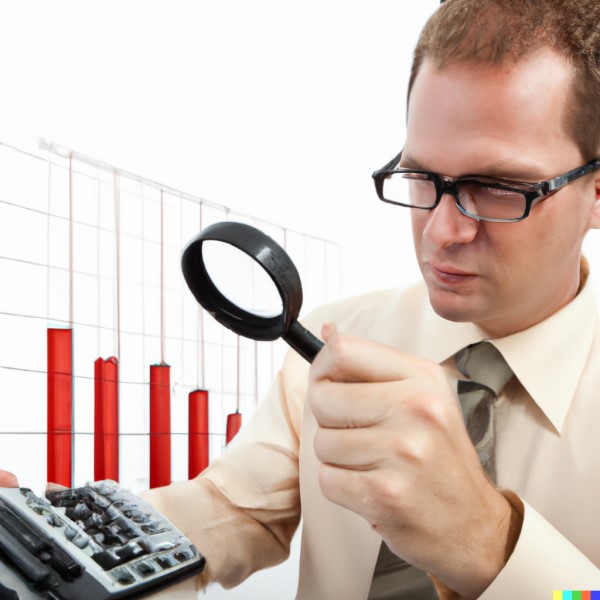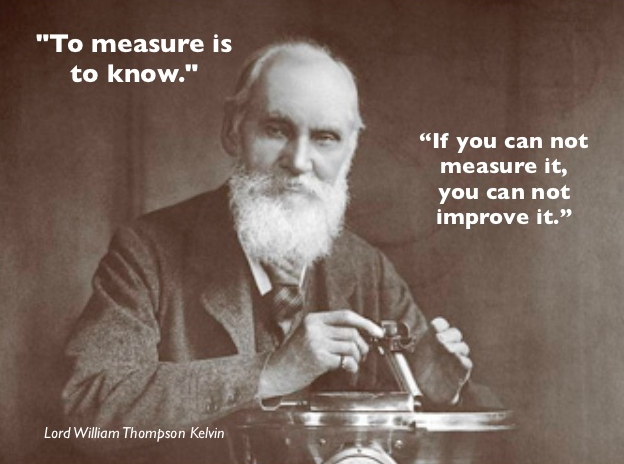Why Data-Driven Retailers Can Be so successful

Introduction
I often meet big, small, and everything between retailers as part of my job. Besides frequently having big egos, large retailers operate in results-oriented and data-driven environments.
From personal experience, do yourself a favour and never overestimate a person's intelligence with a budget of tens of millions of dollars,
Where do they succeed? Well, large corporations often replace decision-makers if they fail, even when it is not their fault. I remember one marketing executive who told me he was the third marketing manager in his organisation in the past year. Data measure them. Why can you not use data?
Research
Experts are consulted before they begin working on an idea; They use experts while carrying out the idea, and if they abandon the idea, they also use experts. Almost all is planned and monitored in their stores and marketing. I have some excellent suggestions for you:
> Take a look at a few big retailers your business can relate to.
> Look what they did
> Take notes on what you find interesting.
> Come back to see if you can use it yourself.
You will gain many insights and copying costs you nothing.
Measuring the effect of improving.
You now have an excellent reporting system in your POS software so that you can measure it as well; in fact, it is superior to most majors. Partly because I always take notes after I visit majors, and if I like something, I put it in your POS software.

Let us start with the following:
Suppose your shop sells your customers $150,000 worth of crafts in a department. If the cost of the items for sale is 50% or $75,000, your gross profit is $75,000.
Real-time Data Tracking and Analysis Using data.
Now, let's see what you can do with only minor adjustments. You try to improve by 1% by buying more of what people are buying. Do not underestimate modern retail analytics.
By using A/B testing and monitoring in your shop, you should get an additional 1% increase.
Professional loyalty program
Introduce a professional loyalty program into the shop. It is free in your POS Software in the CRM so that you can personalise your customer's shopping experience. Personalize product recommendations, targeted promotions, and even in-store experiences with its help. It should be good for another 1%.
Sales are now up by 3%
Inventory management
Since you use your reports to buy better, you should enhance your inventory management to get better margins by a 1%.
Your supply chain efficiency improves as you order in smaller lots using AI that optimises your stock holdings. As a result, you cut back on purchases and buy fewer things that don't sell, which reduces your margin by another 1%.
Result
Sales are now $150,000 plus 3% = $154,500
Cost of sales is now $154,500 less 2% = $$74,160
Our gross profit in this one department is now $80,340 or 7% higher, and all we have done is work at 1% by simply using the data and systems you have.
You can do this for each department, and I have not even discussed dead stock, shop theft reduction here, etc.
Conclusion
Being a data-driven retailer today is essential today. Make good decisions with the tools you have at your disposal.
Data-driven retailing is the way of the future.


